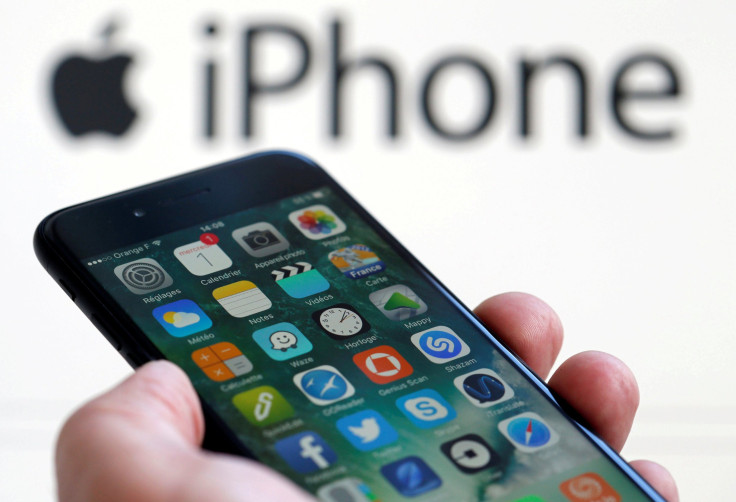Chinese toddler locks mum’s iPhone for 47 years

A Chinese woman’s iPhone has been locked for a whopping 47 years after her child entered the incorrect passcode multiple times. The incident apparently happened in January when the toddler inadvertently disabled the Apple smartphone for 25 million minutes.
According to Kankanews.com (via South China Morning Post), the mother gave the child her iPhone to watch educational videos online. However, when she returned home one day, she found that her phone had been disabled for 25 million minutes, which roughly equal to 47.5 years.
One of the security features of Apple iPhones is its passcode. When a person inserts the wrong code for one to five times, a notification will appear. But if they insert the wrong passcode for the sixth instance, the iPhone will be disabled for one minute and the person won’t be able to try typing the passcode for that time. On the seventh failed attempt, the phone will be locked in five minutes. On the eighth, it’s 15 minutes, and the ninth, 60 minutes. If the person fails to unlock the iPhone for the 10th time, the iPhone will be disabled and they will have to connect it to iTunes to unlock.
This was probably what happened to the toddler. He could have typed random characters and entered multiple times, multiplying the locked time to the nth degree.
The woman, only known by her family name Lu, had two choices: wait for 47 years or do a factory reset on her iPhone. A Shanghai Apple store phone technician named Wei Chunlong told the news site that there even had been cases of phones locked for over 80 years.
Lu has waited for two months, hoping that the problem would rectify itself. But it remained locked and would do so for decades.
“I couldn’t really wait for 47 years and tell my grandchild it was your father’s mistake,” she was quoted by the paper as saying. It’s unclear if the mother had backed up her data via iCloud or iTunes.





















